Md Kishor Morol
Xolver: Multi-Agent Reasoning with Holistic Experience Learning Just Like an Olympiad Team
Jun 17, 2025Abstract:Despite impressive progress on complex reasoning, current large language models (LLMs) typically operate in isolation - treating each problem as an independent attempt, without accumulating or integrating experiential knowledge. In contrast, expert problem solvers - such as Olympiad or programming contest teams - leverage a rich tapestry of experiences: absorbing mentorship from coaches, developing intuition from past problems, leveraging knowledge of tool usage and library functionality, adapting strategies based on the expertise and experiences of peers, continuously refining their reasoning through trial and error, and learning from other related problems even during competition. We introduce Xolver, a training-free multi-agent reasoning framework that equips a black-box LLM with a persistent, evolving memory of holistic experience. Xolver integrates diverse experience modalities, including external and self-retrieval, tool use, collaborative interactions, agent-driven evaluation, and iterative refinement. By learning from relevant strategies, code fragments, and abstract reasoning patterns at inference time, Xolver avoids generating solutions from scratch - marking a transition from isolated inference toward experience-aware language agents. Built on both open-weight and proprietary models, Xolver consistently outperforms specialized reasoning agents. Even with lightweight backbones (e.g., QWQ-32B), it often surpasses advanced models including Qwen3-235B, Gemini 2.5 Pro, o3, and o4-mini-high. With o3-mini-high, it achieves new best results on GSM8K (98.1%), AIME'24 (94.4%), AIME'25 (93.7%), Math-500 (99.8%), and LiveCodeBench-V5 (91.6%) - highlighting holistic experience learning as a key step toward generalist agents capable of expert-level reasoning. Code and data are available at https://kagnlp.github.io/xolver.github.io/.
MIC: Medical Image Classification Using Chest X-ray (COVID-19 and Pneumonia) Dataset with the Help of CNN and Customized CNN
Nov 02, 2024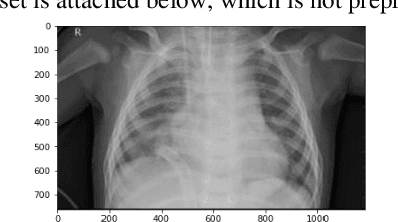
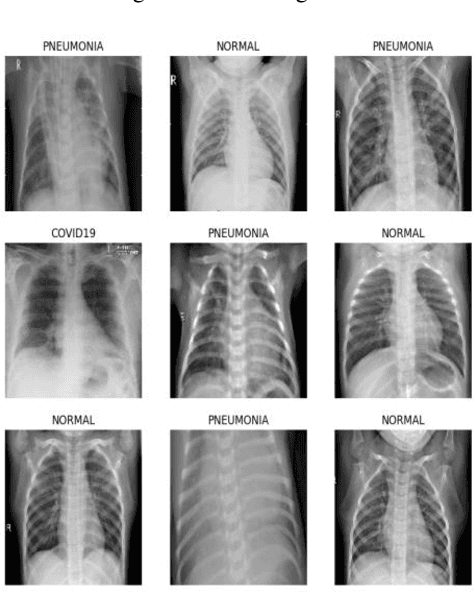
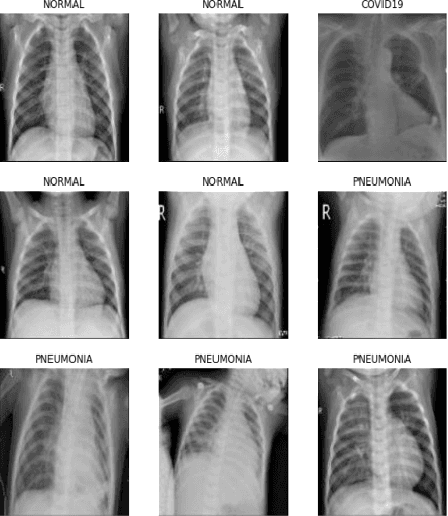
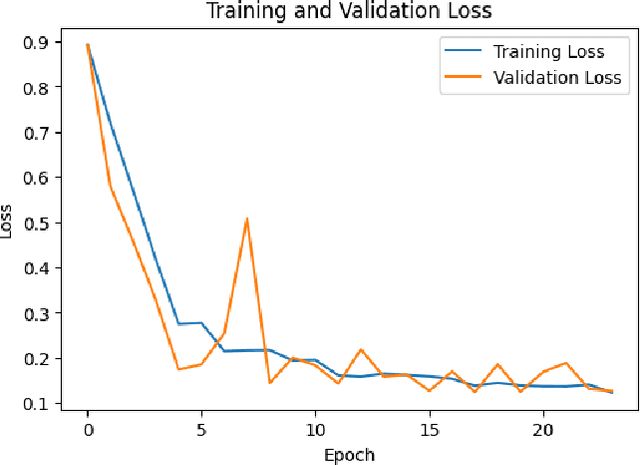
Abstract:The COVID19 pandemic has had a detrimental impact on the health and welfare of the worlds population. An important strategy in the fight against COVID19 is the effective screening of infected patients, with one of the primary screening methods involving radiological imaging with the use of chest Xrays. This is why this study introduces a customized convolutional neural network (CCNN) for medical image classification. This study used a dataset of 6432 images named Chest Xray (COVID19 and Pneumonia), and images were preprocessed using techniques, including resizing, normalizing, and augmentation, to improve model training and performance. The proposed CCNN was compared with a convolutional neural network (CNN) and other models that used the same dataset. This research found that the Convolutional Neural Network (CCNN) achieved 95.62% validation accuracy and 0.1270 validation loss. This outperformed earlier models and studies using the same dataset. This result indicates that our models learn effectively from training data and adapt efficiently to new, unseen data. In essence, the current CCNN model achieves better medical image classification performance, which is why this CCNN model efficiently classifies medical images. Future research may extend the models application to other medical imaging datasets and develop realtime offline medical image classification websites or apps.
Food Recipe Recommendation Based on Ingredients Detection Using Deep Learning
Mar 13, 2022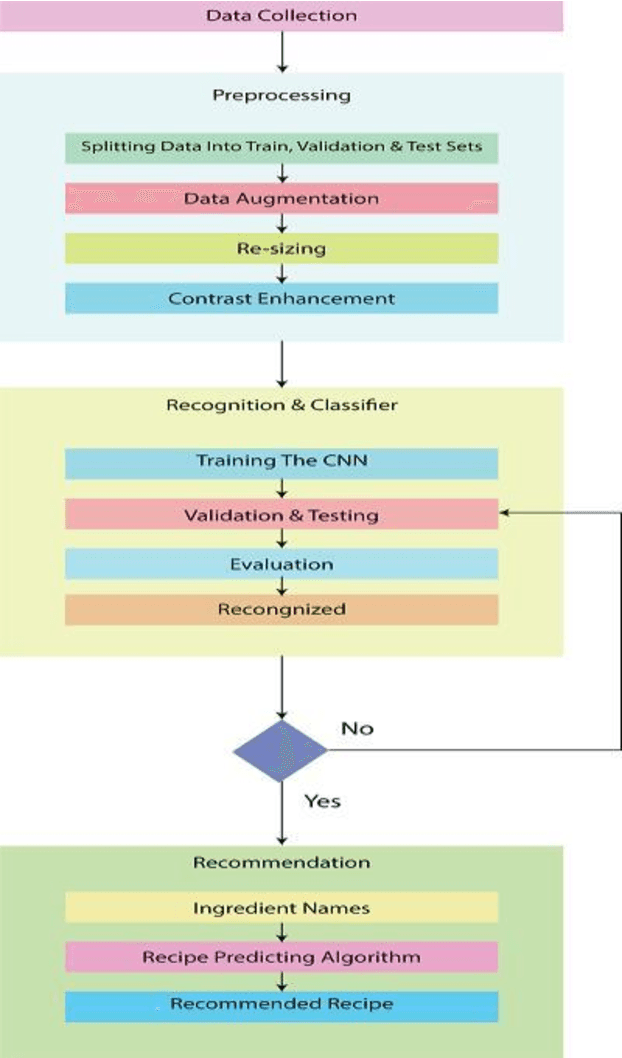
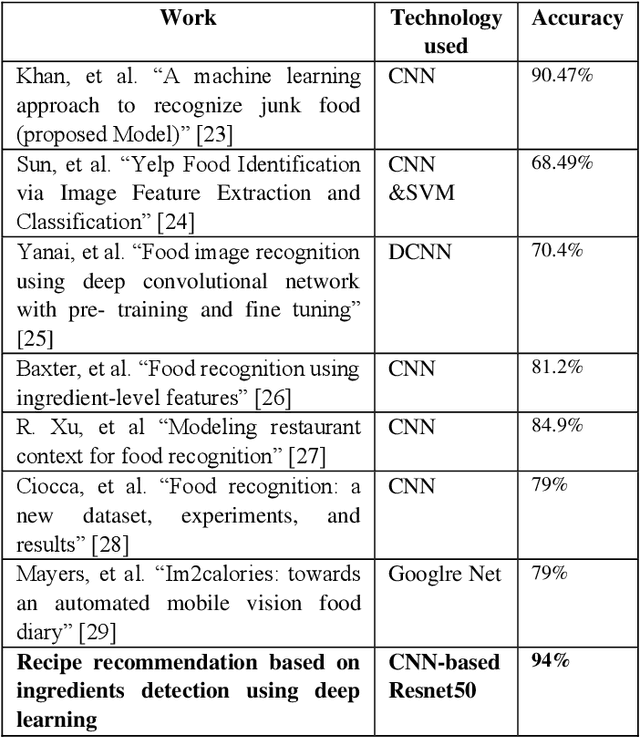

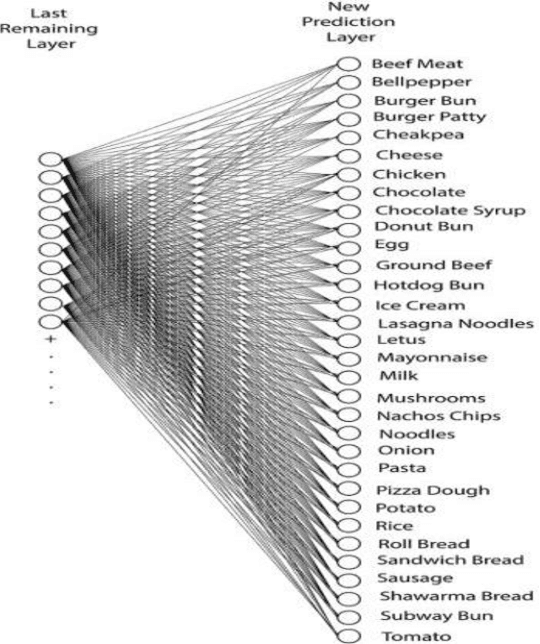
Abstract:Food is essential for human survival, and people always try to taste different types of delicious recipes. Frequently, people choose food ingredients without even knowing their names or pick up some food ingredients that are not obvious to them from a grocery store. Knowing which ingredients can be mixed to make a delicious food recipe is essential. Selecting the right recipe by choosing a list of ingredients is very difficult for a beginner cook. However, it can be a problem even for experts. One such example is recognising objects through image processing. Although this process is complex due to different food ingredients, traditional approaches will lead to an inaccuracy rate. These problems can be solved by machine learning and deep learning approaches. In this paper, we implemented a model for food ingredients recognition and designed an algorithm for recommending recipes based on recognised ingredients. We made a custom dataset consisting of 9856 images belonging to 32 different food ingredients classes. Convolution Neural Network (CNN) model was used to identify food ingredients, and for recipe recommendations, we have used machine learning. We achieved an accuracy of 94 percent, which is quite impressive.
 Add to Chrome
Add to Chrome Add to Firefox
Add to Firefox Add to Edge
Add to Edge